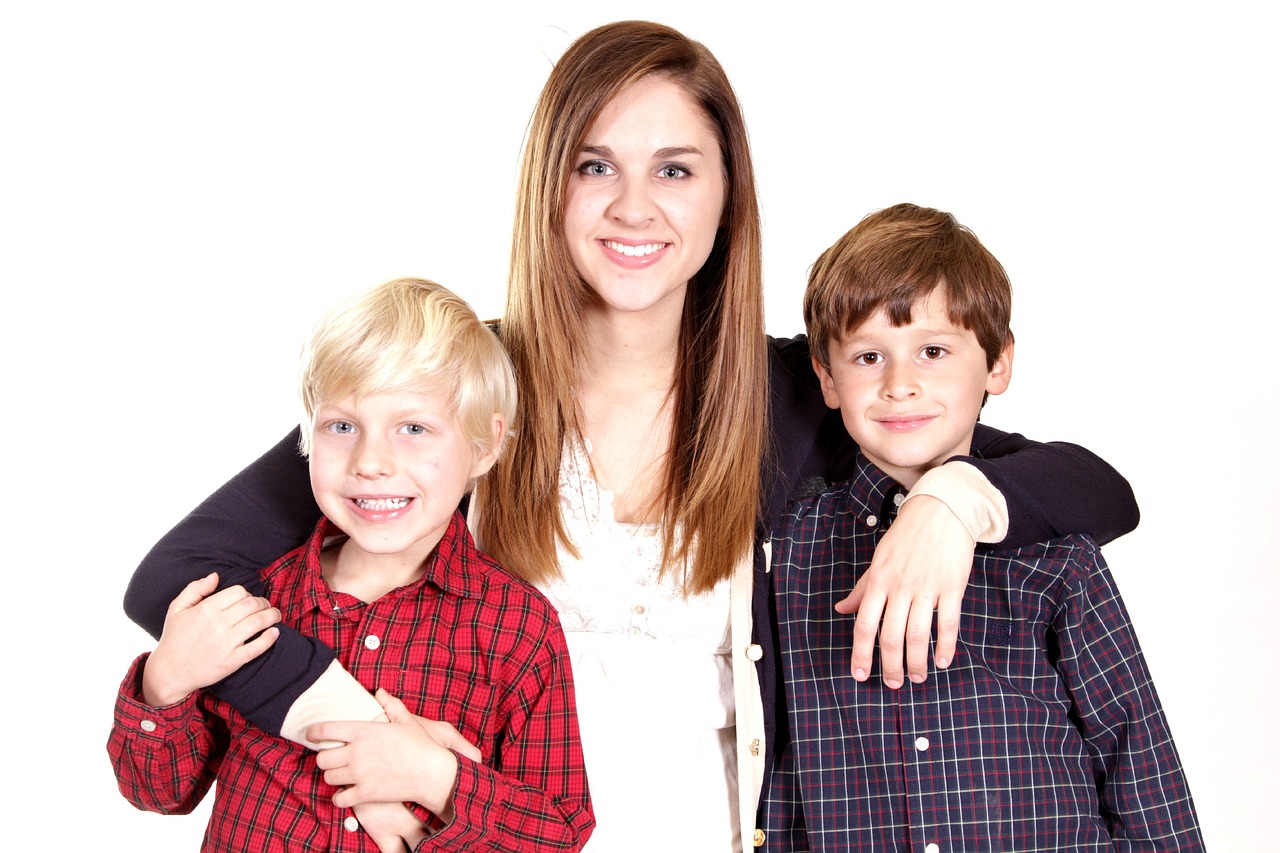Ah, the middle child. Stereotypically known for being the "unnoticed and forgotten" child, middle children face their own share of challenges and trials they need to overcome. If you're a middle child yourself, check out our list of 20 general traits that most middle children seem to share. How many of them do you agree with?
1. Adaptability
It's common for middle children to develop a high level of adaptability since they're constantly navigating between the dynamics of their older and younger siblings. This flexibility is important; it helps them adjust to different situations and environments with more ease, making them versatile and open to new changes.
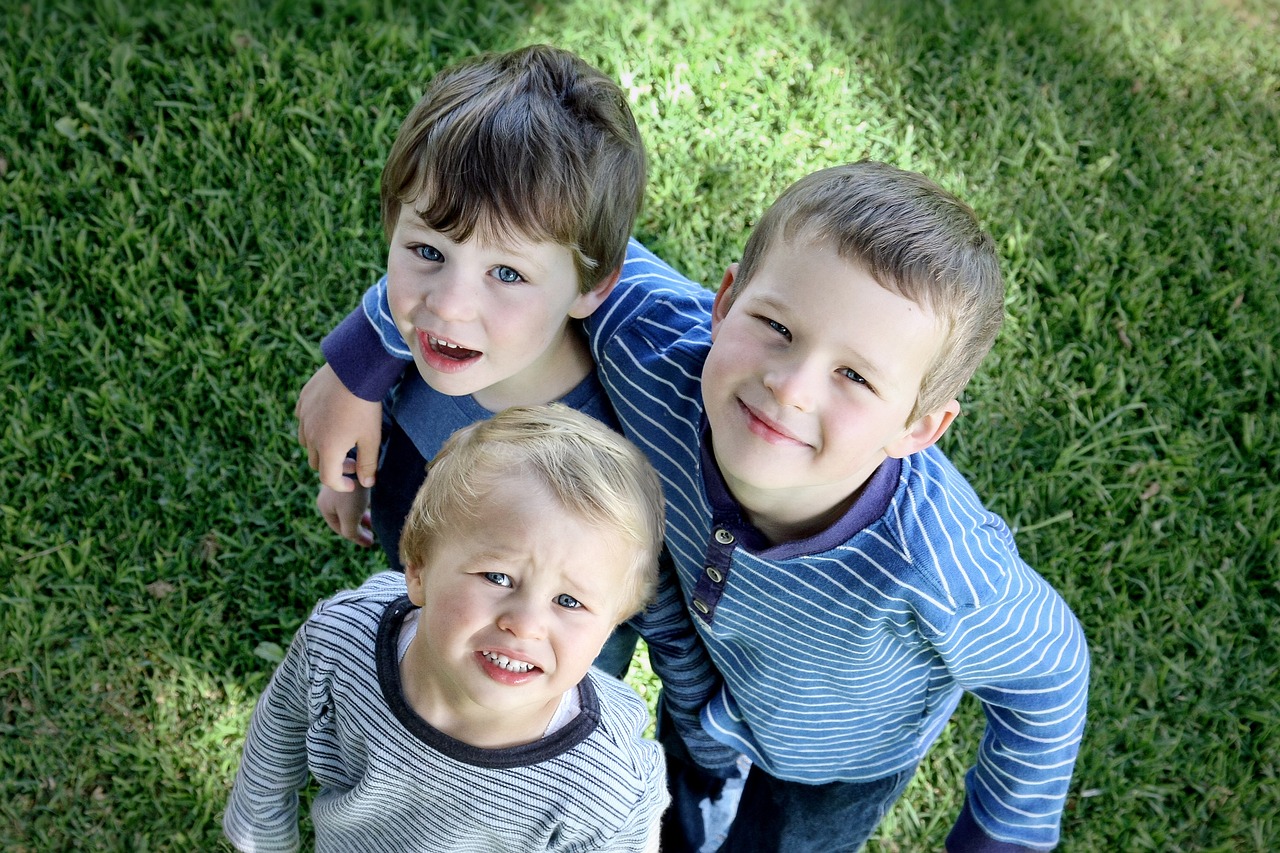 Image by amyelizabethquinn from Pixabay
Image by amyelizabethquinn from Pixabay
2. Peacemaking Skills
Frequently finding themselves in the role of mediator within family disputes, middle children learn quickly that they need to hone their skills in negotiation and conflict resolution. When the oldest and youngest start bickering, that's where you step in! This ability to calmly navigate disagreements and look for common ground is a very valuable asset that can benefit both personal and professional relationships.
 Image by Alisa Dyson from Pixabay
Image by Alisa Dyson from Pixabay
3. Social Skills
Since middle children are experienced with interacting with both older and younger siblings, they usually have excellent social skills. They're great at relating to people of various ages and backgrounds (thanks to their position in the family), making them well-liked and socially competent.
 Image by jty11117777 from Pixabay
Image by jty11117777 from Pixabay
4. Feeling Overlooked
This is one common trait that people believe middle children to have; sometimes, middle children might feel overlooked or less valued compared to their siblings. This is because parent's tend to focus more on the eldest's milestones (they are the first in the family) and the youngest's needs. This can lead to negative feelings of insignificance or lack of attention. This is feeling might be felt even more strongly if the middle child is constantly given hand-me-downs.
 Image by 👀 Mabel Amber, who will one day from Pixabay
Image by 👀 Mabel Amber, who will one day from Pixabay
5. Independence
In an attempt to carve out a unique identity that separates them from their siblings, middle children often develop a strong sense of independence. This is a wonderful trait that teaches them to be self-reliant and confident. Because they don't have to lead the squad like the oldest or receive the "babying" from parents like the youngest, it gives the middle child plenty of room to explore.
 Image by kimberlyfelten from Pixabay
Image by kimberlyfelten from Pixabay
6. Risk-Taking
Seeking ways to stand out in the family, middle children sometimes are more inclined to take risks so they can make their mark. While this can lead to wonderful experiences, it can also result in recklessness if not balanced with caution.
7. Lesser Parental Pressure
Compared to the oldest and youngest children, middle children might experience less pressure in academic and extracurricular achievement because most of the parents' focus is shifted to the others. While it might result in a lack of direction or motivation, a more positive way to see this is that it fosters a sense of freedom for them to explore interests at their own pace.
8. Empathy
Growing up right dab in the middle, middle children often develop a keen sense of empathy because they're used to considering multiple perspectives. As the mediator, they have to take into account how both sides might be feeling. This empathy helps them grow into understanding friends and partners.
9. Competitive Nature
That desire to distinguish themselves within the family can turn into something more competitive if they're the outgoing type. Middle children are often their own biggest motivators, driving themselves to achieve success and excel. However, this competitiveness can at times lead to stress if unhealthy comparisons to other siblings are being made.
 Image by Lisa scott from Pixabay
Image by Lisa scott from Pixabay
10. Innovative Thinking
To carve out their niche, middle children may develop innovative and creative thinking skills. This creativity can be a significant asset, though it may also stem from a struggle to gain recognition, leading to feelings of having to constantly prove their worth.
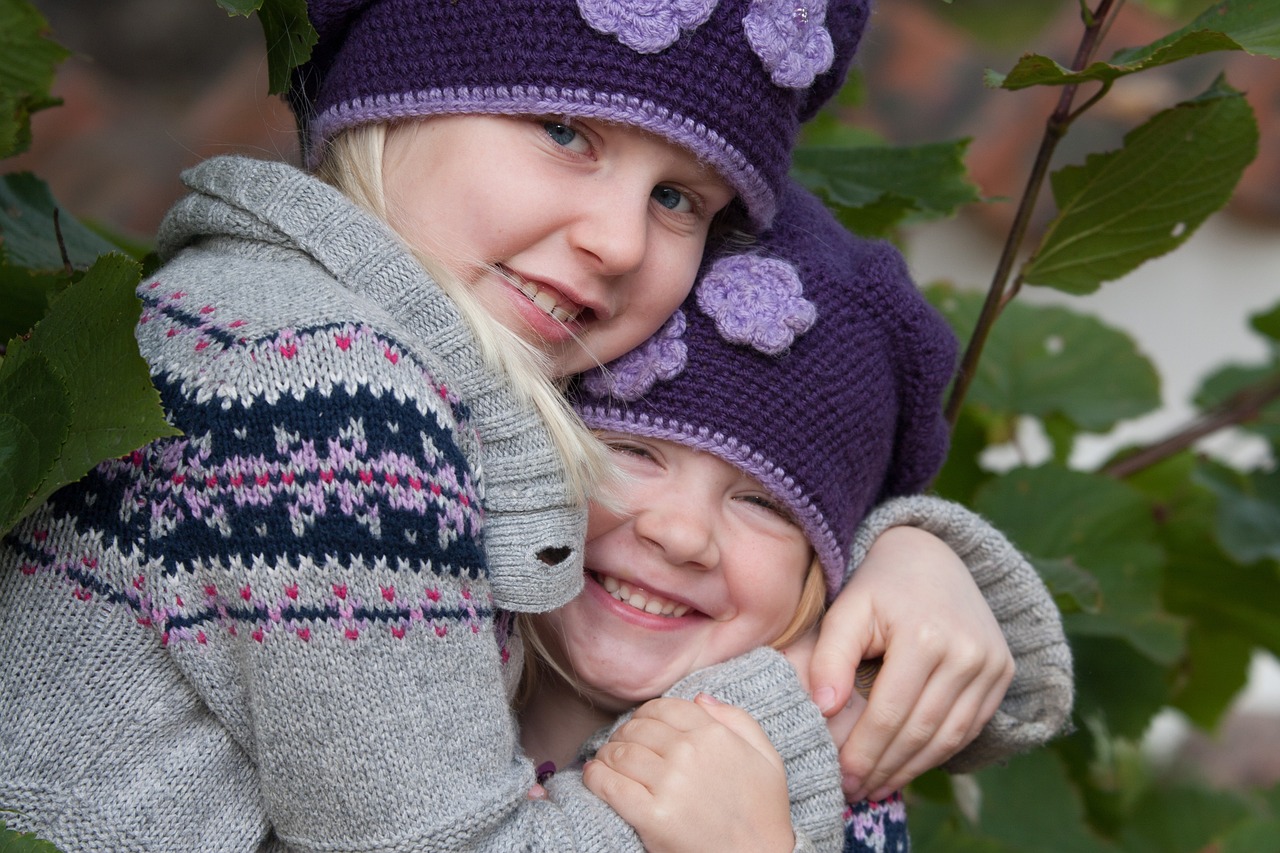 Image by Tobias Wahlqvist from Pixabay
Image by Tobias Wahlqvist from Pixabay
11. Resourcefulness
Middle children often become resourceful, learning to make the most of what they have or find alternative solutions to their problems. This skill can make them excellent problem-solvers, although it may originate from having to share resources or attention with siblings.
12. Flexibility in Relationships
Middle children also tend to be highly flexible in their relationships as a whole, understanding others' needs and viewpoints. While this can make them great team players and partners, it can also negatively compromise their own needs if taken advantage of.
 Image by Alisa Dyson from Pixabay
Image by Alisa Dyson from Pixabay
13. Ambiguity in Role Identity
Without a clear role within the family hierarchy, middle children might struggle with ambiguity in their identity, feeling uncertain about where they fit in. This can foster a sense of independence but also feelings of isolation.
 Image by Dwi Rizki Tirtasujana from Pixabay
Image by Dwi Rizki Tirtasujana from Pixabay
14. Strong Negotiation Skills
Middle children learn to negotiate from a young age, finding ways to balance their desires with those of their siblings. These skills can be advantageous in professional settings, though they may sometimes overcompromise to maintain harmony.
15. Loyalty
Middle children often exhibit a deep loyalty to friends and family, really valuing the connections they have built with everyone. Being in the middle of everything, they have an appreciation and a better understanding of every role in the family.
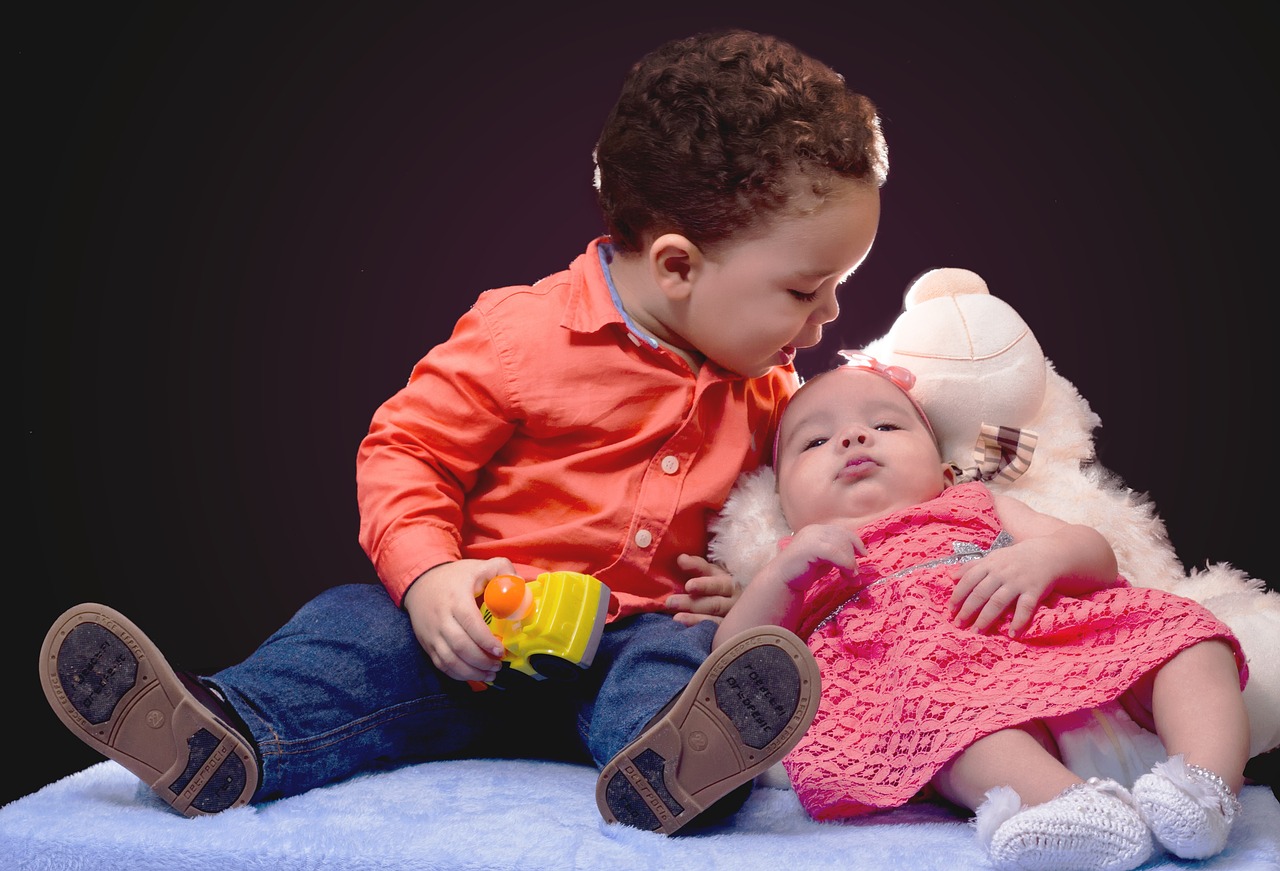 Image by Omar Medina from Pixabay
Image by Omar Medina from Pixabay
16. Sensitivity to Injustice
Having experienced competition for attention and resources, middle children can be particularly sensitive to fairness and injustice. This makes them advocates for equality, but it can also lead to frustration in situations where they perceive unfair treatment.
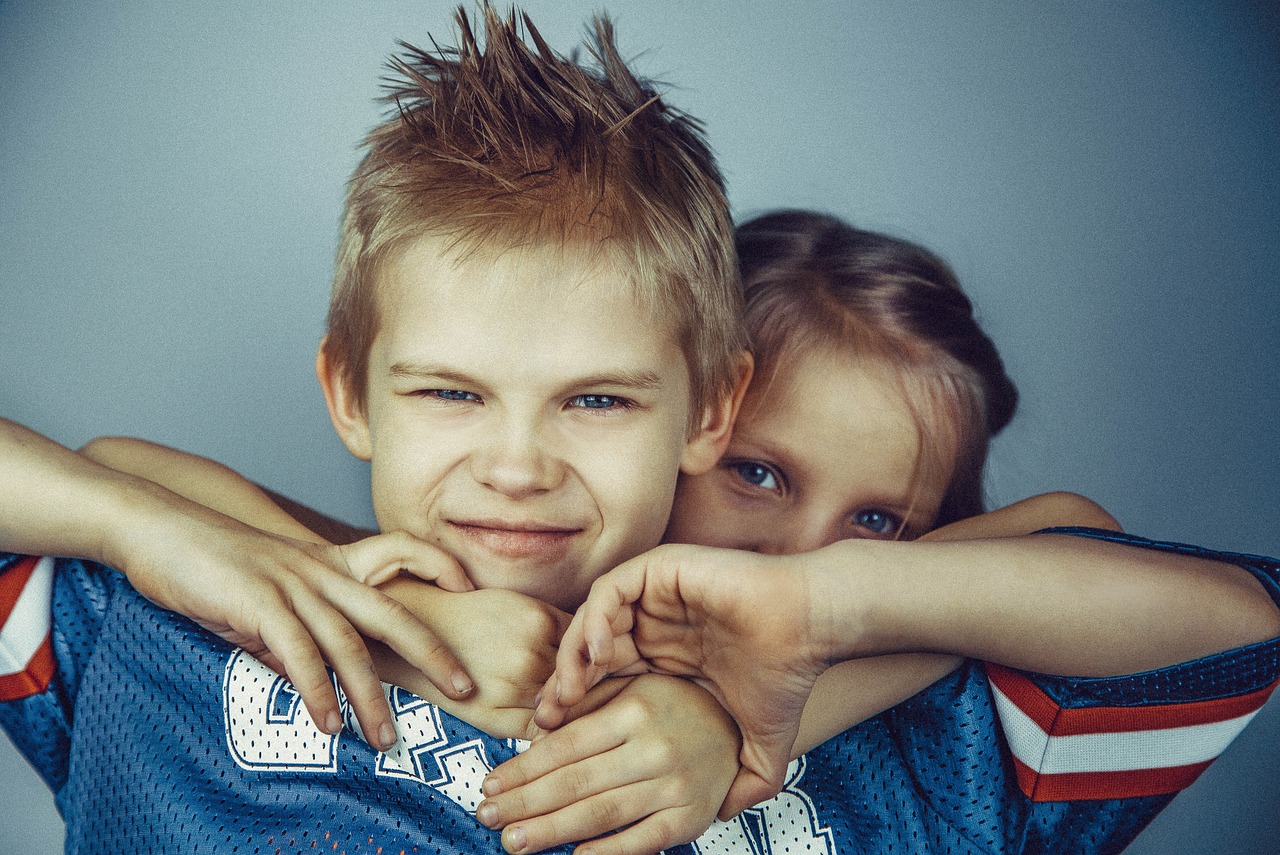 Image by Rondell Melling from Pixabay
Image by Rondell Melling from Pixabay
17. Tendency to Feel Misunderstood
Middle children might feel misunderstood by their family and peers, stemming from their complex role within the family dynamic. This may lead to middle children appreciating quiet solitude every now and then, giving them a chance to escape from the burdens of a complicated, difficult to understand role.
 Image by Madalin Calita from Pixabay
Image by Madalin Calita from Pixabay
18. Versatility
Their experiences dealing with both older and younger siblings provide middle children with a versatility in handling different roles and responsibilities. This adaptability is a significant advantage, though it can sometimes result in a lack of clear direction as they try to be all things to all people.
 Photo by JillWellington on Pixabay
Photo by JillWellington on Pixabay
19. Desire for Achievement
Seeking to stand out on their own, middle children may develop a strong desire for personal achievement. This drive can lead to success, though it might be stemming from a deep-seated need for validation and recognition.
 Image by Lee Murry from Pixabay
Image by Lee Murry from Pixabay
20. More Agreeable
Middle children tend to be more agreeable since they're constantly having to compromise for both the oldest and youngest. While you have to look after the youngest and be wary of their needs, you also have to fall behind the oldest and fall second to their wants and desires.




